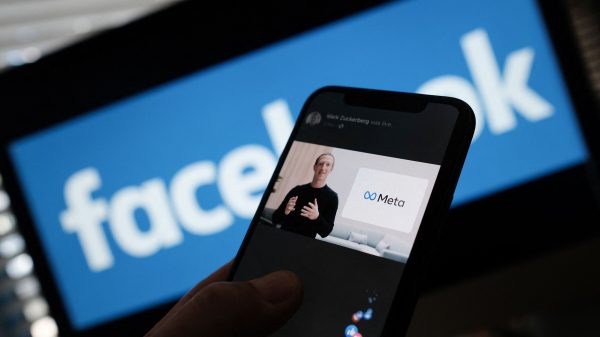Over 300 Indians including journalists, activists, politicians, bureaucrats, and businessmen have been (potentially) targetted by the NSO Group's Pegasus spyware that is only sold to sovereign states, The Wire and a consortium of 16 other news organisations led by Forbidden Stories reported on July 18, 2021. However, the issue can be traced back to a 2019 report by the Financial Times which revealed that attackers had exploited a vulnerability in WhatsApp to inject malicious code on the devices of users. This malware that had been developed by a secretive Israeli company called NSO Group came to be known as Pegasus. In terms of capability, Pegasus can not only intercept communications sent to and from a device (before encryption) but also remotely trigger a phone's camera and microphone to record activity, use GPS functions to track location, and can even be used to plant fake evidence. Despite its evasive remarks in Parliament and elsewhere, the Indian government has long been suspected of being an NSO client. The scale and nature of surveillance it has embarked upon, and the targets it seems to have picked, don’t appear to indicate national security concerns or organised crime dealings — for which surveillance is usually sanctioned. Here are the key points and related coverage that will help you get a deeper understanding of the issue at hand. Key reading material on NSO Group's Pegasus All you need to know about NSO Group and its Pegasus spyware [Read here] Pegasus spyware: All the latest facts on who was targetted,…





























